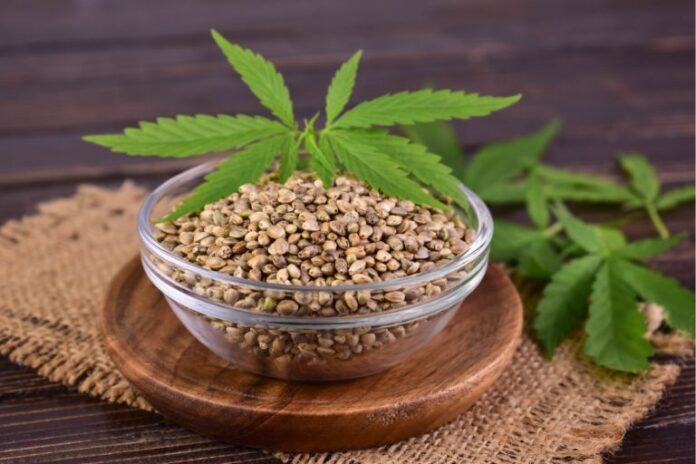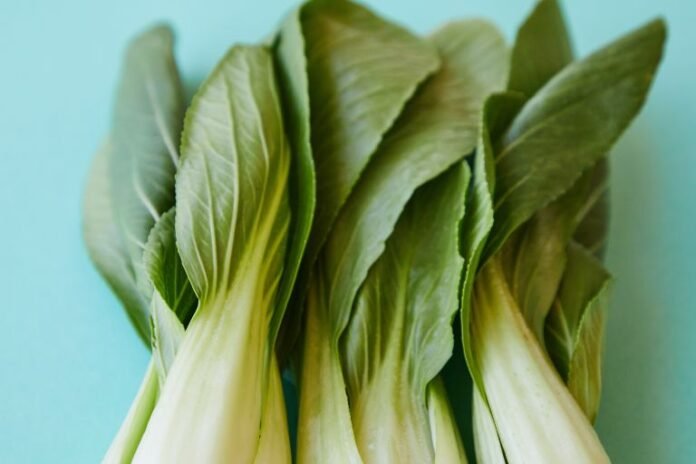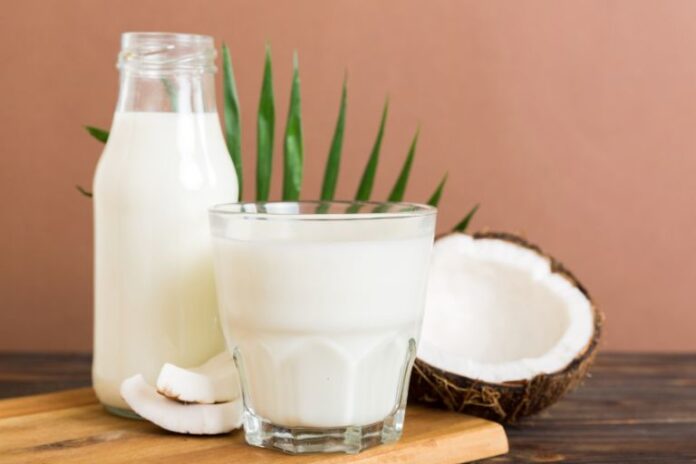The Fiery Kick of Horseradish
Horseradish is a pungent root vegetable often used as a condiment or flavoring in sauces and dishes. Its bold, spicy flavor can elevate meals, making it a popular choice for adventurous eaters. However, if you’re someone who suffers from acid reflux, you might wonder whether horseradish is a safe addition to your diet.
Does horseradish’s fiery kick come with an acidic punch that could worsen acid reflux symptoms? In this article, we’ll explore the pH of horseradish, its nutritional benefits, and its impact on acid reflux. By the end, you’ll know whether this spicy root deserves a spot on your plate.
Understanding Acid Reflux: What You Need to Know
What Is Acid Reflux?
Acid reflux, also called gastroesophageal reflux disease (GERD) when chronic, occurs when stomach acid flows back into the esophagus. This happens when the lower esophageal sphincter (LES) fails to close properly, allowing acid to escape.
Common Symptoms Include:
- A burning sensation in the chest (heartburn).
- Sour or bitter taste in the mouth.
- Difficulty swallowing.
- Bloating or excessive burping.
Managing acid reflux often requires dietary adjustments to avoid foods that irritate the esophagus or increase stomach acid production.
Common Food Triggers for Acid Reflux
Certain foods are notorious for triggering acid reflux. These include:
- Spicy foods.
- Acidic foods like citrus fruits and tomatoes.
- High-fat or fried foods.
- Caffeinated or carbonated drinks.
Spicy and pungent foods, like horseradish, are often placed on the “proceed with caution” list for reflux sufferers. But is horseradish truly a culprit?
Author Tip: 7 Kinds of Foods to Avoid with GERD
Is Horseradish Acidic or Alkaline?
The pH of Horseradish
Horseradish is slightly acidic, with a pH level ranging between 5.5 and 6.5. While not highly acidic, it can still irritate the esophagus due to its spicy and pungent nature. The sharp heat of horseradish comes from compounds called isothiocyanates, which can be harsh on sensitive digestive systems.
How the Acidity of Horseradish Compares to Other Foods?
While horseradish is less acidic than citrus fruits or vinegar, its spicy compounds can make it feel harsher than its pH would suggest. For acid reflux sufferers, this means that even a small amount of horseradish might cause discomfort.
Nutritional Profile of Horseradish
Key Nutrients in Horseradish
Horseradish is more than just a condiment; it’s also a nutrient-rich root vegetable. A tablespoon of prepared horseradish contains:
- Calories: Only 7, making it a low-calorie flavor enhancer.
- Vitamin C: Supports immune health and acts as an antioxidant.
- Fiber: Aids digestion, though in small amounts.
- Glucosinolates: Compounds with potential anti-cancer properties.
Health Benefits of Horseradish
According to the research, horseradish is a superfood for human health, as it can benefit human body in the following ways:
- Anti-Inflammatory Properties: The isothiocyanates in horseradish may help reduce inflammation.
- Antimicrobial Effects: Horseradish contains compounds that can fight bacteria, making it a natural remedy for minor infections.
- Rich in Antioxidants: Vitamin C and other compounds in horseradish help neutralize harmful free radicals in the body.
- Digestive Support: In small amounts, horseradish can stimulate digestion, though this may not be ideal for those with acid reflux.
Does Horseradish Trigger Acid Reflux?
Why Horseradish May Aggravate Symptoms?
For individuals with acid reflux, horseradish can be a trigger for several reasons:
- Spicy Nature: The pungent heat from isothiocyanates can irritate the esophagus and stomach lining, worsening heartburn symptoms.
- Acidity: While moderately acidic, horseradish’s pH can still contribute to stomach acid production.
- Stimulant Effect: Horseradish stimulates digestive enzymes and stomach acid, which can lead to reflux in sensitive individuals.
When Horseradish Might Be Safe?
For some individuals with mild acid reflux, small amounts of horseradish may not cause any noticeable symptoms. If you tolerate mildly spicy foods and do not experience discomfort, you might be able to include it in your diet occasionally.
Tips for Consuming Horseradish Safely with Acid Reflux
1. Limit Portion Sizes
- Stick to a teaspoon or less to minimize its impact on your digestive system.
- Avoid consuming horseradish on an empty stomach.
2. Pair Horseradish with Alkaline Foods
- Combine horseradish with alkaline foods like leafy greens, cucumbers, or whole grains to neutralize its acidity.
- Avoid pairing it with acidic or spicy dishes, which can amplify its effects.
3. Choose Mild Horseradish Products
- Look for milder versions of horseradish sauce, which may be less pungent and easier to tolerate.
- Avoid horseradish prepared with vinegar or other acidic ingredients.
Alternatives to Horseradish for Acid Reflux Sufferers
If horseradish is too harsh for your reflux symptoms, consider these alternatives:
1. Ginger
Ginger is a natural anti-inflammatory and can soothe the digestive system. Use it as a substitute in sauces or marinades.
2. Mustard Greens
For a mildly spicy kick, try mustard greens, which are gentler on the stomach than horseradish.
3. Herbs and Spices
Flavor your dishes with reflux-friendly herbs like parsley, basil, or dill instead of horseradish.
Author Tip: 7-Day Meal Plan For Gastritis: Balancing Nutrition and Gastritis
Lifestyle Changes to Manage Acid Reflux
1. Practice Mindful Eating
- Eat smaller, more frequent meals to reduce pressure on the LES.
- Chew your food thoroughly and avoid rushing through meals.
2. Avoid Common Triggers
- Keep a food diary to identify which foods worsen your symptoms.
- Avoid eating late at night or lying down shortly after meals.
3. Maintain a Healthy Weight
Excess weight can increase abdominal pressure and contribute to acid reflux. Aim for a balanced diet and regular exercise to manage your weight.
Conclusion: Is Horseradish Acidic and Safe for Acid Reflux?
Horseradish is mildly acidic but can be harsh on the digestive system due to its spicy and pungent nature. For most acid reflux sufferers, horseradish is best avoided or consumed in very small amounts.
If you enjoy its bold flavor, consider pairing it with alkaline foods and monitoring your portion sizes to minimize discomfort. Remember, managing acid reflux is all about understanding your triggers and making mindful food choices.
FAQs: Horseradish and Acid Reflux
Q1: Is horseradish highly acidic?
Horseradish is mildly acidic, with a pH of 5.5 to 6.5, but its spicy compounds can make it feel harsher than its pH suggests.
Q2: Can horseradish worsen acid reflux?
Yes, horseradish can trigger reflux symptoms due to its pungent heat and ability to stimulate stomach acid.
Q3: Are there reflux-friendly alternatives to horseradish?
Yes, ginger, mustard greens, and herbs like parsley or basil are excellent alternatives.
Q4: Can small amounts of horseradish be safe for acid reflux sufferers?
For some individuals with mild reflux, small amounts of horseradish may be tolerated, especially when paired with alkaline foods.
Q5: What is the best way to eat horseradish if I have acid reflux?
Consume it sparingly, pair it with non-acidic ingredients, and avoid eating it on an empty stomach to minimize its effects.












